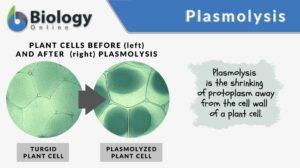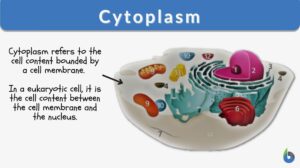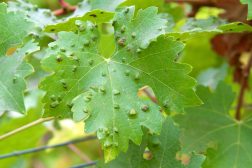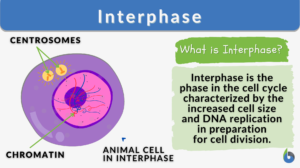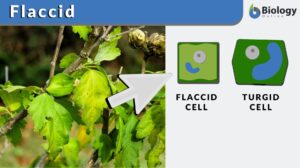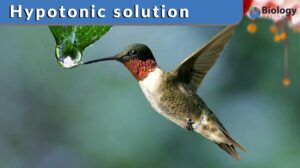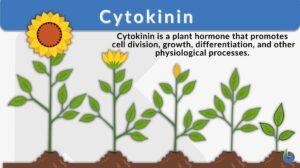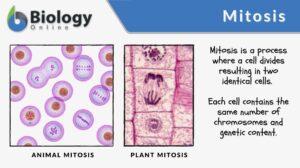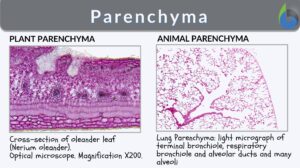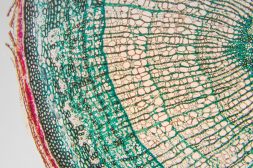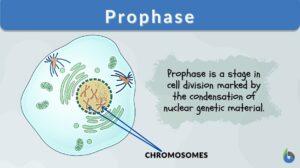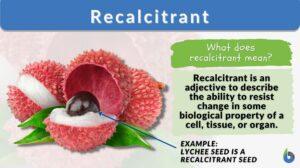Search Results for: plant cell
Plant cell
Plant Cell Definition A plant cell refers to any cell of a plant. It is the structural and functional unit of plants. Plant... Read More
Plant Cells vs. Animal Cells
Plant Cells Most cells are not visible with the naked eye. However, with microscopes of various types, plant cells can be... Read More
Growth and Plant Hormones
Growth All living organisms begin in the same form: as a single cell. That cell will divide and the resulting cells will... Read More
Cell membrane
Cell Membrane Definition Just like any non-living body possesses a plastic or paper packaging material that keeps the... Read More
Turgor pressure
In biology, turgor pressure pertains to the pressure that is exerted by the fluid (e.g. water) against the cell wall. It is... Read More
Cell theory
What Is Cell Theory? Biological cell theory explains the idea of organismal constitution, structure, and function. It... Read More
Cytokinesis
The cell cycle of eukaryotes is a cyclical series of biological events that certain asexual cells go through. The cell cycle... Read More
Plasma membrane
Do all cells have a plasma (or cell) membrane? Yes, all cells have a biological membrane that separates the protoplasm from... Read More
Cell adhesion
Cell Adhesion Definition Cell adhesion is the process in which a cell uses a specialized complex of proteins to get... Read More
Plasmolysis
Plasmolysis is the shrinking of protoplasm away from the cell wall of a plant or bacterium. The protoplasmic shrinking is... Read More
Plant Cell Defense
Hydrogen Peroxide Plants release hydrogen peroxide in response to the presence of a fungal invasion, which attacks by... Read More
Interphase
Interphase is the critical period in the eukaryotic cell cycle characterized by a sequence of events like the G1 phase where... Read More
Endomembrane system
Ever wondered how biomolecules are made within the cell and then they are released outside the cell for use by the body?... Read More
Hypotonic solution
Hypotonic Solution Definition What is a hypotonic solution? It refers to a solution that contains a lower amount of solute... Read More
Primary cell wall
Definition noun plural: primary cell walls ˈpɹaɪməɹi sɛl wɔːl The layer of the plant cell wall that forms prior to... Read More
Animal cell
An animal cell is the fundamental functional unit of life of animals. It is also the basic unit of reproduction. Animal... Read More
Secondary cell wall
Definition noun plural: secondary cell walls ˈsɛkənˌdɛɹi sɛl wɔːl The layer of the plant cell wall that forms... Read More
Parenchyma
Parenchyma Definition What does parenchyma mean? Let's define the word "parenchyma". Most of the functional tissues in... Read More
Centrosome
Centrosome Definition What is a centrosome? The centrosome is considered to be the main microtubule-organizing... Read More
Cell differentiation
Cells are often described as the building blocks of life as they are the smallest unit used to build up organisms. Cells can... Read More
Plant Tissues
Plants are composed of three major organ groups: roots, stems, and leaves. As we know from other areas of biology, these... Read More
Eukaryotic cells
Eukaryotic Cells Definition What is a eukaryotic cell? Eukaryotic cells refer to the cells of (or derived from) eukaryotes,... Read More
Recalcitrant
Several words of the English language find wide usage in subjects as diverse as literature, science, social science,... Read More
Autocrine signaling
Autocrine Signaling Definition What is autocrine signaling? Autocrine signaling is a type of cell signaling wherein a cell... Read More
Water in Plants
The movement of molecules, specifically water and any solutes, is vital to understand in light of plant processes. This will... Read More
Vascular plants
Definition of Vascular plants The term 'vascular' is derived from the Latin word vāsculum, vās, meaning "a container and... Read More
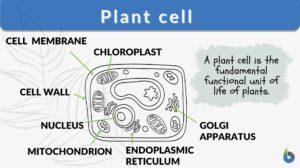


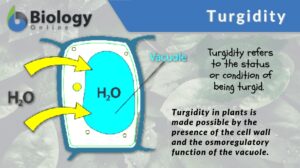





![Botany n., [ˈbɑt.ə.ni/] botany definition and example](https://www.biologyonline.com/wp-content/uploads/2019/10/botany-definition-and-example-300x168.jpg)




